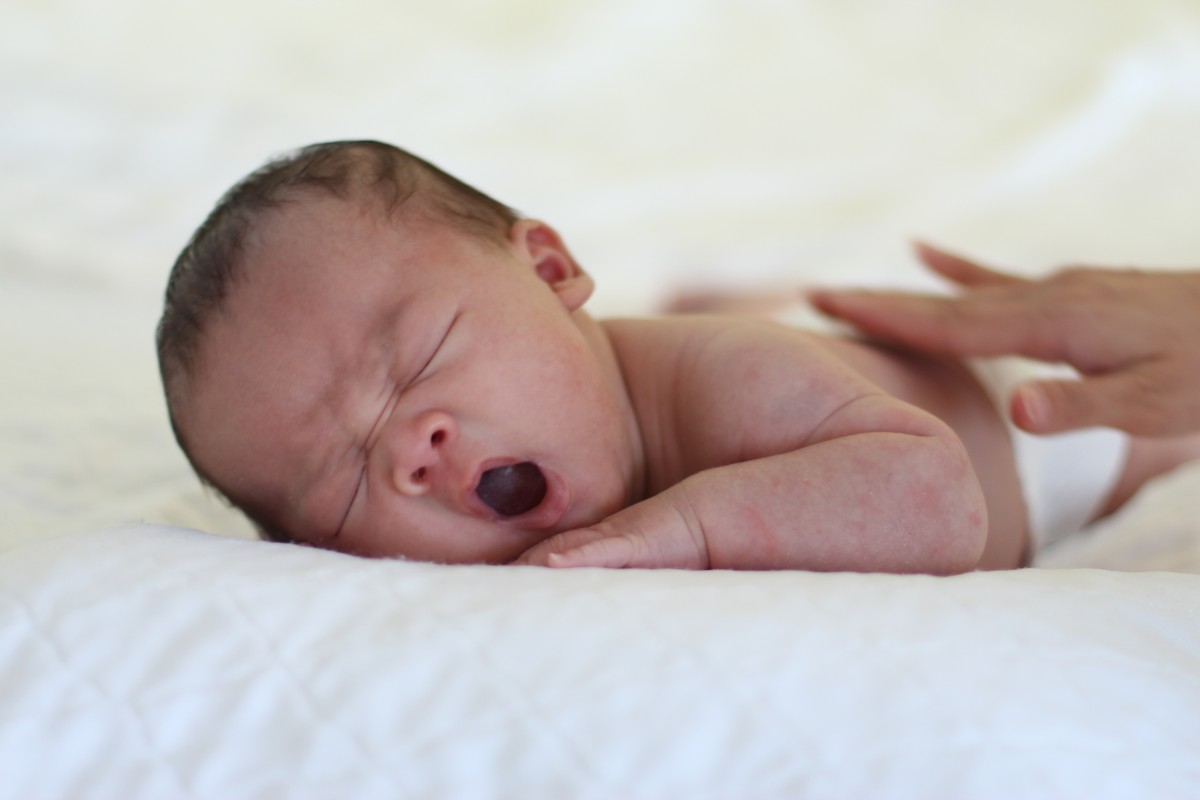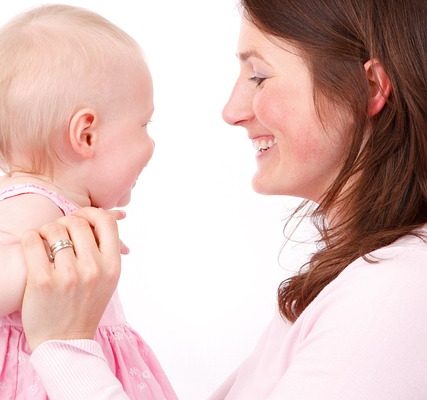Nocturnal Waking of Baby: Is There Anything to Worry About?
Summary
Reasons for babies waking up at night
How can parents help their child get through the night better?
When to worry about a baby waking up at night?
A baby who wakes up at night is quite normal before 6 months and rare between 6 months and 2 years. The newborn baby progressively passes from a so-called “ultradian” rhythm, alternating between wakefulness and sleep every 3 to 4 hours, to a so-called “circadian” rhythm of 24 hours. This transition is progressive and different for each child.
Reasons for babies waking up at night

A baby under 6 months wakes up every 3 to 4 hours to eat. Before the age of 6 months, babies’ sleep cycles are not yet in place, and it is normal for them to wake up every 3 to 4 hours. Nighttime waking is a need for the infant to be satisfied (feeding, reassurance).
An infant can go from the third, at the latest from the sixth month of life, a night of 8 hours without a meal. Giving him a bottle enriched with cereals before bedtime does not help him sleep.
Breastfed babies sleep later because they take less milk per meal and suckle less during the day. They, therefore, need more nighttime intake and longer. But they should not be weaned: the mother should make sure that there are 4 to 5-hour intervals between feedings so that the child learns to drink larger quantities at a time and to cover his caloric needs as much as possible during the day.
After 6 months, a child usually sleeps 8 hours a night
Every child has a different sleep need, but it is usual that after 6 months at the latest, he or she sleeps for 8 hours. This sleep duration is conditioned by the duration of naps. The time of falling asleep and the time of waking up also depend on each other.
Infants and young children wake up several times during the night as part of normal sleep. Parents are not disturbed in their rest because the child wakes up but because he/she does not know how to fall asleep on his/her own.
Good to know: an international study tends to prove that sleeping in a single room (when possible) is healthier than sleeping in a room shared with the parents. This translates into easier (and quicker) falling asleep on their own, fewer nighttime awakenings and longer nights.
How can parents help their child get through the night better?
In order to adopt a regular sleep cycle, a baby needs a great deal of regularity: by structuring the course of the day, parents help the child to set his or her internal clock.
Parents must help the child find his rhythm by accentuating the contrasts between day and night in terms of activities as well as sound, light, and emotional stimuli. They must be taught to fall asleep on their own with the help of a ritual. The baby will associate this with a need to sleep. If he falls asleep every night in his parents’ arms, he will not be able to go back to sleep at night unless he is held again…
It is also important to keep in mind that a child cannot sleep more than he needs. If he is kept in bed longer, he will react in several ways: he will not be able to fall asleep at night, he will wake up early in the morning, or he will have several prolonged night wakings.
When to worry about a baby waking up at night?

Between the ages of 6 months and 2 years, a child’s nighttime awakenings are more a complaint of the parents than a sign of illness. It is most often a result of a poor appreciation of the child’s needs and sleep rhythm or unsuitable habits. If the child is healthy, active, and gaining weight, this does not require a medical examination but an interview to provide explanations and personalized advice.
On the contrary, signs of lack of sleep (agitation, irritability, sadness, lethargy, or eating disorders) should alert parents and lead them to consult a pediatrician.
Rarely, babies’ nighttime awakenings may be due to illness, especially if the awakenings are unusual. They are then accompanied by certain signs:
A temperature above 38°C or below 36°C
A recent change in behavior (child unusually calm or agitated),
Moaning during sleep,
Vomiting or refusal to eat,
Difficult or noisy breathing, cyanosis (blueing of the lips or hands),
Profuse sweating during sleep (sweaty clothes) for no apparent reason,
Heavy snoring can be a sign of sleep apnea syndrome.
Digestive disorders, especially infant colic, are often the reason for nighttime awakenings, as the child is unable to fall back to sleep between sleep cycles.
Night terrors occur in the first third of the night: it can be simply a nightmare, but when the wakings are repeated and anxious, it justifies a consultation dedicated to sleep.







